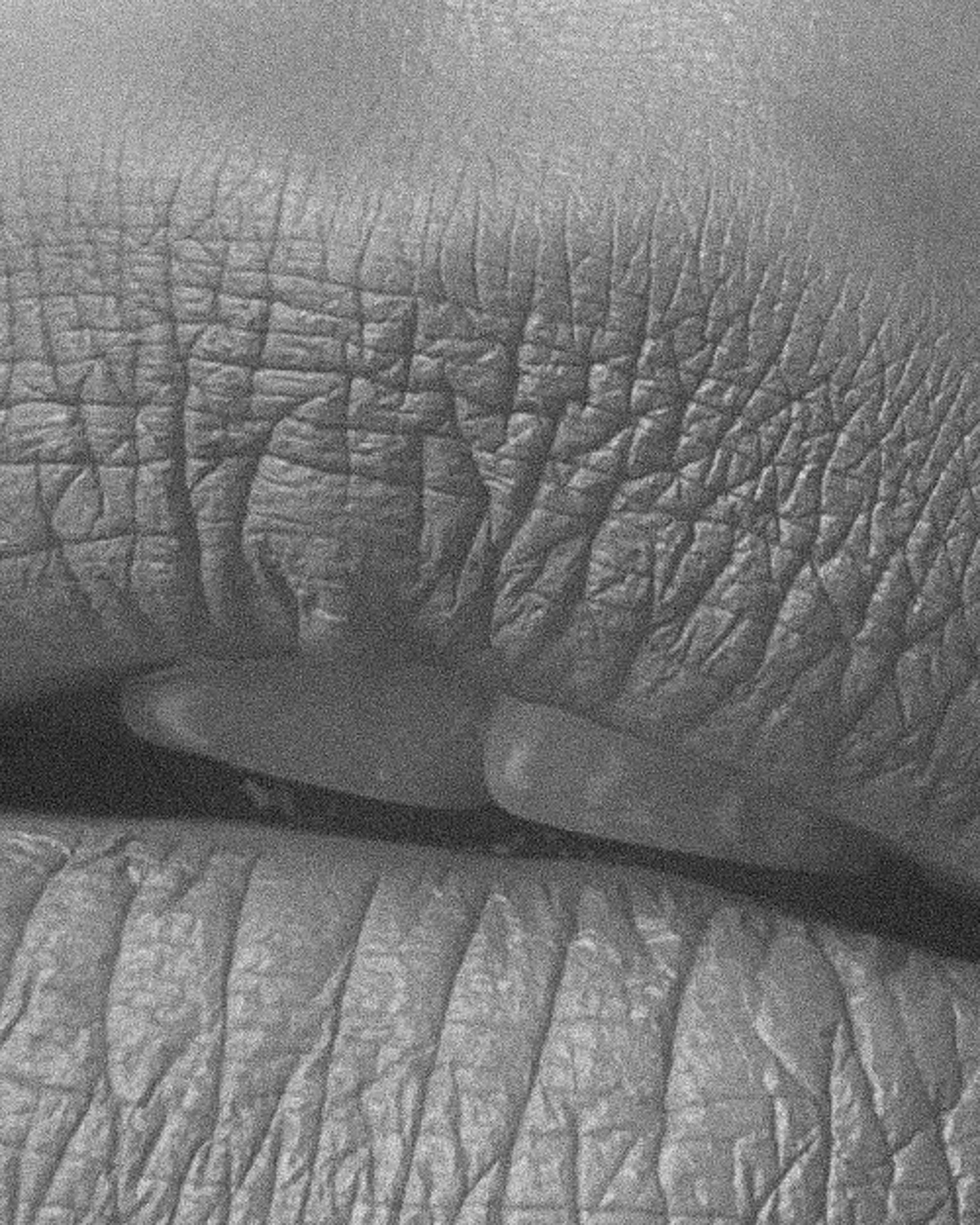aescend aesthetics
Why Smoking is the Second Most Significant Ageing Factor

In the last decade, there has been an increasing public awareness regarding the health hazards associated with smoking. But something we probably think less about is the effect that smoking has on the skin! While sun damage is the highest age factor, read our article on, “Why You Need To Apply SPF Daily,” let’s dive deep into why smoking is the second most significant.
Impact of Cigarette Smoke on Skin Aging
In an article written by Tobacco Free Life, Smoking’s Effect on the Skin: How Smoking Ages You, they state that:
“One of the main effects of smoking on the skin is its impact on your skin’s supply of collagen. Collagen is the protein in your skin responsible for its elasticity. Smoking leads to increased production of an enzyme that breaks down collagen, so it reduces your skin’s elasticity and makes it look more aged, sagging and wrinkled.”
Tobacco Free Life
Moreover, cigarettes and their smoke comprise thousands of chemical constituents, some of which can promote intrinsic and visible ageing.
The carbon monoxide released from a burning cigarette is a molecule that has a greater affinity for the sites in cells where oxygen binds, meaning it occupies spaces on red blood cells reserved for oxygen transport. Furthermore, the nicotine in cigarettes is a potent vasoconstrictor that reduces the size of blood vessels that deliver oxygen to tissue. This combination of reduced blood flow and reduced oxygenation produces several notable effects.
Skin Thinning and Dehydration
Skin becomes thinner and less hydrated due to less availability of nutrients, blood volume and oxygen delivery to cells. As a result skin can appear lacklustre and dry. A thin outer layer is more prone to damage from the sun and environment and more likely to accumulate injury and signs of pigmentation
Oxygen Deprivation and Cellular Damage
Cells devoid of sufficient oxygen start to produce waste products that are irritating and can damage DNA, skin barrier and affect the restorative function of the skin
Immune System Suppression
Reduced blood flow suppresses the immune system at the skin level. This increases the likelihood of infections and slows down their resolution, boosts inflammation, and allows precancerous lesions to more easily evade immune defenses.
Superficial Blood Vessel Formation
With constant damage to the skin, the body compensates by creating more superficial blood vessels. These may become visible and strangulated and become aesthetically problematic
Additionally, researchers believe that hydrocarbons in cigarette smoke trigger signaling pathways that initiate the activity of matrix metalloproteinases. These are enzymes that actively destroy collagen. This process, in combination with constant pursing of the lips (to drag in cigarette smoke), and the other changes outlined above, causes early degradation of collagen, resulting in enlarged pores, premature wrinkling, and volume loss of sagging.



